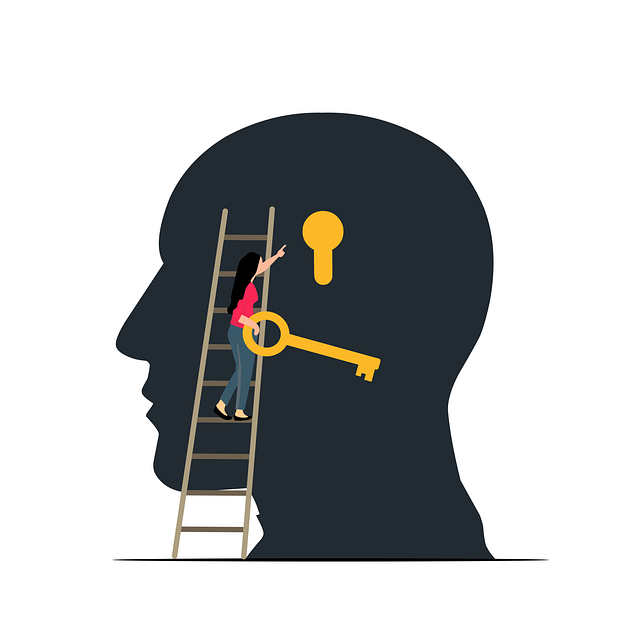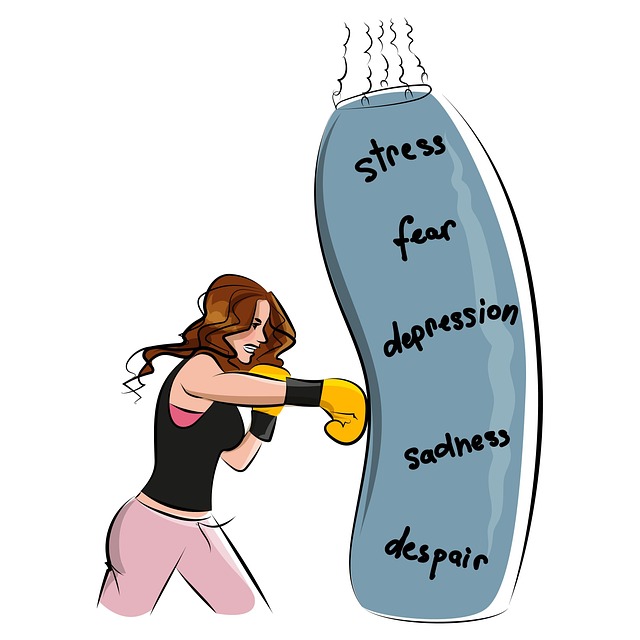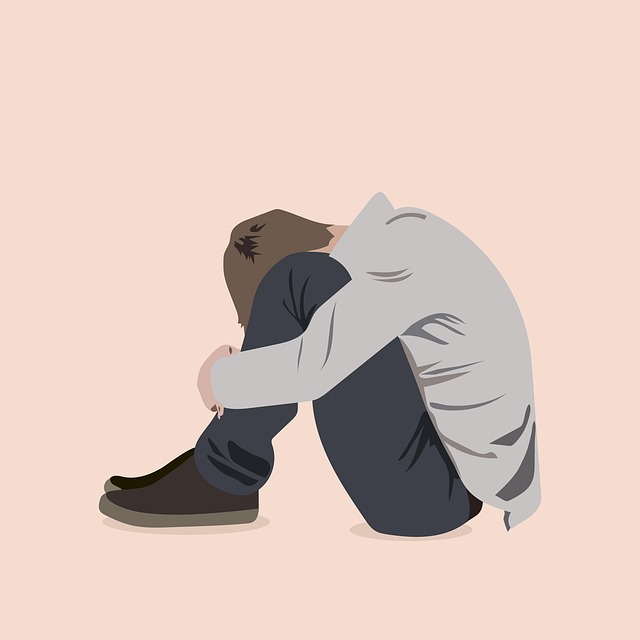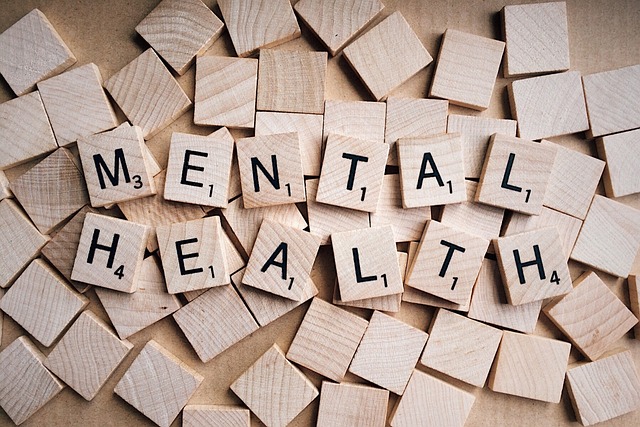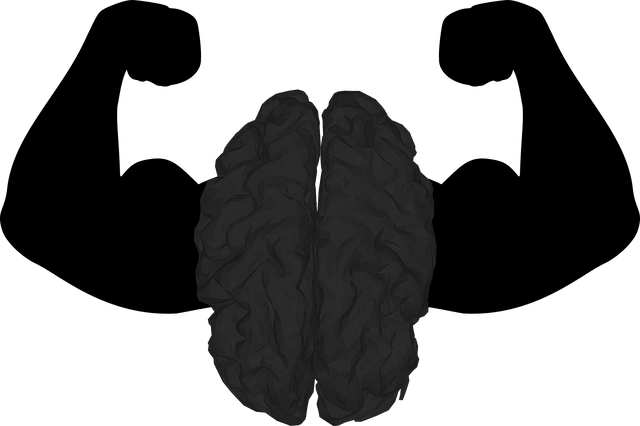Burnout among Centennial Young Adults in healthcare is a growing concern, characterized by emotional exhaustion and reduced personal accomplishment due to prolonged stress. Early recognition and prevention are vital through strategies like compassion cultivation, self-care routines, and mental wellness podcasts. Centennial Young Adults Therapy equips clients with tailored strategies for managing demanding workloads and complex expectations, including mindfulness, boundary setting, exercise, and quality sleep. Achieving work-life balance is key, along with adopting sustainable habits, mental health education, and compassion cultivation practices. Therapy groups, peer networks, and podcasts provide support systems, while Risk Management Planning ensures structured frameworks for prioritizing mental wellness alongside professional practice.
In today’s demanding healthcare landscape, burnout among providers, particularly young adults (centennials), is a growing concern. This comprehensive guide explores effective strategies to combat burnout, focusing on the unique needs of this demographic. We delve into recognizing early signs and underlying causes, emphasizing the power of therapy tailored for centennials. Additionally, we discuss work-life balance, resilience-building techniques, and the crucial role of support systems in fostering a healthier, more sustainable healthcare workforce.
- Understanding Burnout: Recognizing the Signs and Causes Among Young Adults
- The Role of Therapy in Preventing Burnout: Strategies for Centennial Patients
- Work-Life Balance: Creating Sustainable Habits for Healthcare Providers
- Building Resilience: Coping Mechanisms and Mindfulness Techniques for Burnout Prevention
- Support Systems and Community: Fostering a Network to Combat Healthcare Provider Burnout
Understanding Burnout: Recognizing the Signs and Causes Among Young Adults

Burnout among young adults, particularly those in their Centennial years, is a growing concern within healthcare professions. It manifests as a state of emotional exhaustion, depersonalization, and reduced personal accomplishment, stemming from prolonged exposure to stressful work environments. Recognizing burnout early is crucial for prevention, as it can significantly impact the well-being and effectiveness of these young professionals.
Signs and symptoms may include increased irritability, detachment from work, decreased productivity, and a growing sense of cynicism towards patients or colleagues. The causes are multifaceted, encompassing heavy workloads, lack of control over work schedules, insufficient rewards for efforts, and limited opportunities for personal growth and self-care. Incorporating compassion cultivation practices and developing a robust self-care routine can help mitigate these risks. Additionally, engaging in mental wellness podcast series production can offer valuable insights and support, highlighting effective coping strategies and fostering a sense of community among peers facing similar challenges.
The Role of Therapy in Preventing Burnout: Strategies for Centennial Patients

For Centennial Young Adults, therapy serves as a powerful tool in preventing burnout, offering strategies to manage stress and promote mental well-being. This is particularly crucial given the unique challenges they face, from overwhelming workloads to navigating complex personal and professional expectations. Therapy provides a safe space to process these pressures, fostering self-awareness and resilience.
Through Risk Management Planning for Mental Health Professionals, therapists can equip their clients with effective self-care practices tailored to their needs. This may involve teaching mindfulness techniques, setting healthy boundaries, encouraging regular exercise, and prioritizing quality sleep. By integrating these strategies into daily routines, Centennial Young Adults can better manage stress, preventing burnout before it becomes overwhelming.
Work-Life Balance: Creating Sustainable Habits for Healthcare Providers

In today’s demanding healthcare landscape, burnout among providers is a growing concern, particularly for those supporting Centennial Young Adults Therapy. Achieving work-life balance becomes paramount to mitigate stress and maintain professional well-being. Healthcare providers are encouraged to adopt sustainable habits that foster self-care and set clear boundaries between professional and personal life. This includes prioritizing tasks, delegating responsibilities when possible, and ensuring adequate time for rest and relaxation. Mental Health Education Programs Design can offer valuable insights into managing workload effectively while Compassion Cultivation Practices promote a culture of empathy and support within healthcare settings.
By integrating Mental Wellness Coaching Programs Development, providers can receive guidance on maintaining emotional resilience and cultivating healthy coping mechanisms. These strategies collectively contribute to creating an environment where compassion for oneself and others becomes the norm, thereby enhancing job satisfaction and reducing burnout rates among healthcare professionals.
Building Resilience: Coping Mechanisms and Mindfulness Techniques for Burnout Prevention

Building resilience is a key strategy in preventing burnout among healthcare providers, especially for young adults navigating the demands of this challenging profession. Coping mechanisms and mindfulness techniques are powerful tools that can help professionals manage stress and maintain well-being. By prioritizing self-care and mental health, healthcare workers can develop a stronger ability to cope with work-related pressures.
Centennial Young Adults Therapy emphasizes the importance of Mind Over Matter principles, encouraging practitioners to cultivate a positive mindset and practice mindfulness as a buffer against burnout. Social Skills Training and Trauma Support Services may also be beneficial, providing opportunities for connection, support, and processing difficult experiences. These approaches foster an environment where professionals can learn healthy coping strategies, enhance their emotional resilience, and maintain a sense of balance in their personal and professional lives.
Support Systems and Community: Fostering a Network to Combat Healthcare Provider Burnout

In addressing healthcare provider burnout, building a robust support system is paramount. For young adults, especially those navigating life’s challenges in the Centennial generation, access to communities that understand their unique struggles can be transformative. Therapy groups and peer-to-peer networks specifically tailored for mental health professionals offer safe spaces to share experiences, process emotions, and learn coping mechanisms. These platforms encourage open dialogue, fostering a sense of belonging and reducing feelings of isolation commonly associated with burnout.
Complementing these support systems, the production of Mental Wellness Podcast Series can serve as an accessible medium for continuous learning and connection. Topics ranging from stress management techniques to social skills training, relevant for both personal growth and professional development, can be explored. Additionally, integrating Risk Management Planning for Mental Health Professionals ensures that individuals have structured frameworks to prioritize their mental wellness alongside their practice, further mitigating the risks of burnout.
Healthcare provider burnout is a growing concern, especially among young adults navigating the demands of modern healthcare. However, by implementing evidence-based strategies such as therapy tailored for centennial patients, fostering support systems, and prioritizing work-life balance, we can create a sustainable environment that promotes resilience and prevents burnout. Recognizing the signs early and adopting coping mechanisms like mindfulness techniques are crucial steps in ensuring healthcare providers can continue to deliver quality care with renewed passion.



